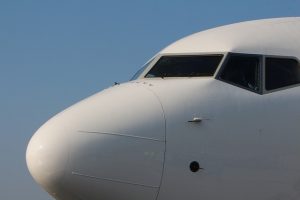What recourse do you have when a flight is canceled or delayed, or the airline changes its schedule or loses or delays a checked bag or bumps you from a flight? Even though the U.S. Department of Transportation (D.O.T.) and European regulators promulgate and enforce consumer protections, there are probably fewer "fly rights" than you think, and these vary depending on the country you’re flying within, to, or from; which airline you buy your ticket from; and which airline is actually operating the flight.
Delta's contract of carriage, which you agree to when you purchase a ticket, is typically restrictive concerning its obligations to passengers: "Published schedules, flight times, aircraft type, seat assignments, and similar details reflected in the ticket or Delta's published schedules are not guaranteed and form no part of this contract. Delta may substitute alternate carriers or aircraft, delay or cancel flights, change seat assignments, and alter or omit stopping places shown on the ticket at any time. Schedules are subject to change without notice. Except as stated…Delta will have no liability for making connections, failing to operate any flight according to schedule, changing the schedule for any flight, changing seat assignments or aircraft types, or revising the routings by which Delta carries the passenger from the ticketed origin to destination."
Which doesn't mean you have no rights at all when you fly, so read on.
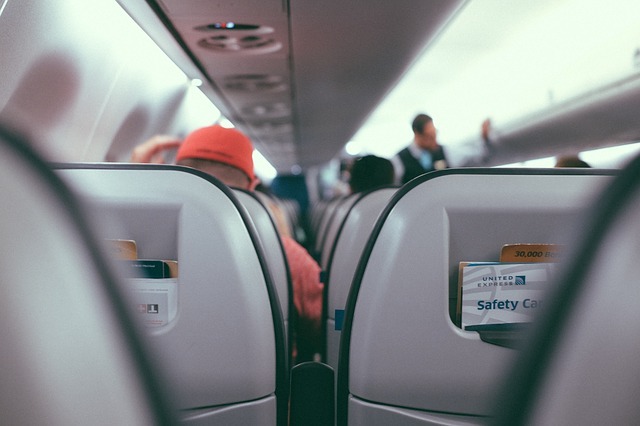
Bumping (involuntary denied boarding)
Scenario: The airline sells more fares than it has seats on your flight. Someone's got to stay behind and that someone is you.
Recourse: You may be entitled to cash compensation. If you’re bumped from a domestic U.S. flight and the airline rebooks you to arrive an hour or less from your original arrival time, there’s no compensation. If you arrive one to two hours later, you are entitled to as much as $675 (the actual amount will be up to 200% of the applicable one-way fare); or if over two hours later than scheduled, up to $1350 or 400% of the one-way fare. You’re entitled to receive payment in cash. Do not accept a travel voucher since these often come with restrictions and extra hassle.
For international itineraries, if you're flying on an aircraft owned by a U.S.-based airline, the same compensation levels apply, but the lower amount applies to arriving one to four hours after your original time and the higher amount to over four hours. However, if you're flying internationally on a plane owned by a European-based airline, even if you bought the ticket from a U.S.-based airline under a code-share arrangement, you can also seek compensation under European Union law (EC Regulation 261/2004). It stipulates compensation of up to 600 euros (about $700), along with a requirement that airlines pay for hotels and meals if required.
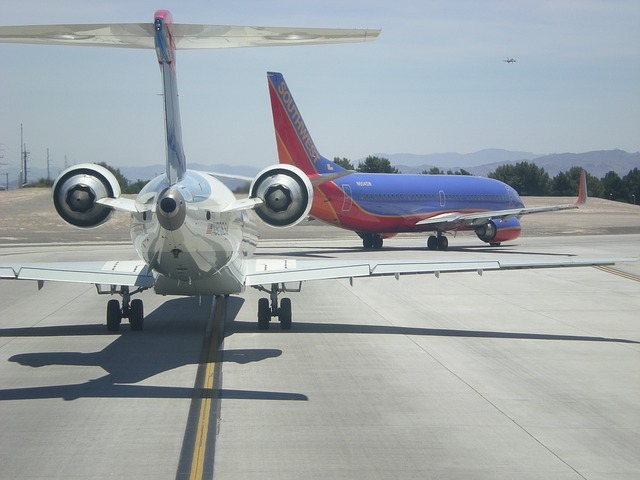
Taxiway/Runway delays
Scenario: You're stuck on the plane for more than three hours before take off or upon landing.
Recourse: If leaving from a U.S. airport, you have the right to request to deplane after your domestic flight has been delayed on the taxiway, tarmac, or runway for more than three hours; or four hours if it's an international flight. Some restrictions apply, such as if deplaning you would cause a safety hazard.
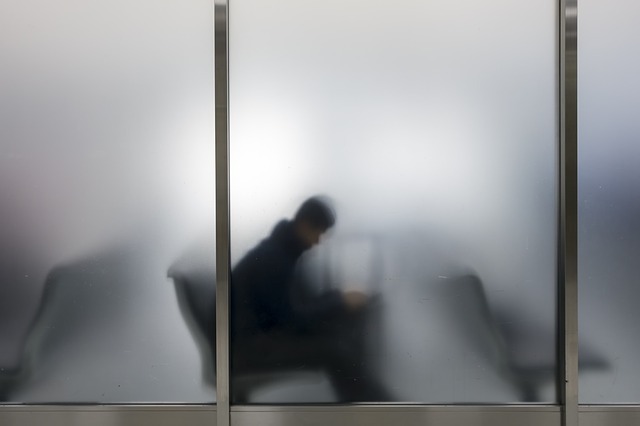
Delayed flights
Scenario: You’re off to a wedding, an important meeting or Uncle Sid’s funeral, but your flight is delayed for hours or canceled, and you’re not going to arrive in time, so why go at all?
Recourse: U.S. regulations don't require cash compensation, but under most U.S.-based airlines’ contracts of carriage, even if you’re flying on a non-refundable ticket you can get your airfare and ancillary fees refunded. Delta, for example, stipulates in its contract that, "in the event of flight cancellation, diversion, delays of greater than 90 minutes, or delays that will cause a passenger to miss connections, Delta will (at passenger’s request) cancel the remaining ticket and refund the unused portion of the ticket."
If you're flying on an aircraft owned by a European airline, even if you bought the ticket on a non-European airline, and even if your flight doesn’t include European travel at all (such as flying LAX to Tahiti on Air France), then EU delay rules apply with compensation up to 600 euros (about $700), unless the airline can prove the delay was beyond its reasonable control.
In addition, according to Christian Nielsen, chief legal officer of Airhelp.com, a company that files compensation claims on behalf of airline passengers, if you can provide evidence of financial loss caused by a delay on an international flight, and prove that the airline could have prevented it by taking “reasonable measures," then you may be able to claim further compensation under the Montreal Convention, a treaty that covers most international travel. Under its Article 22, it stipulates a maximum payout of 4150 SDRs (currently $5870). "And yes, you can double dip,” Nielsen says, or even triple dip ($1350 from the D.O.T., $700 from Europe, and up to $5870 from Montreal if you can prove that your financial loss went that high). Although the compensation is higher than under EU law it may be harder to prove negligence and may require filing suit against the airline if you and the airline can’t agree on the definition of reasonable measures, which the Montreal Convention leaves vague. Some courts have ruled that even a mechanical failure doesn’t qualify for compensation, so aggrieved passengers should consider legal costs, if an attorney gets involved, which could easily exceed whatever you recover under Montreal.
If you're flying an airline based in Europe, even if you bought the ticket on a non-European airline and no matter your itinerary, you have special consumer rights.
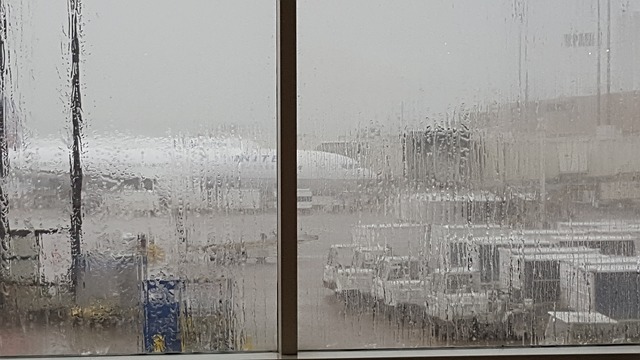
Canceled flights
Scenario: Your flight is canceled.
Recourse: There’s no U.S. regulation that requires compensation. As above, if your flight is operated by a European-based airline, you are entitled to compensation of up to 600 euros. And as is the case with delays, you may also file for compensation under the Montreal Convention with the same provisos mentioned above.
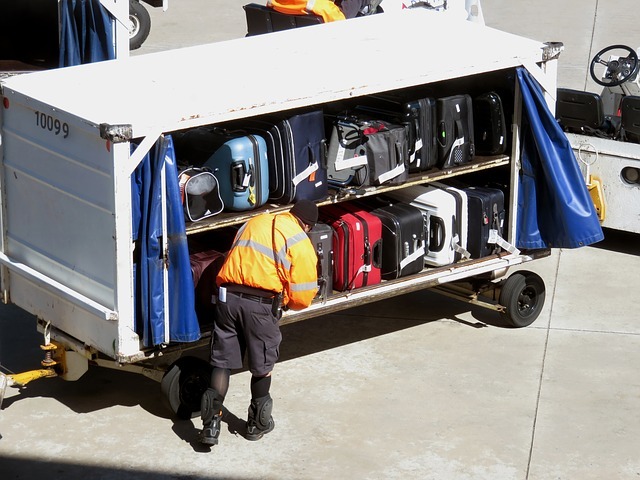
Lost luggage
Scenario: an airline loses your checked bags.
Recourse: the U.S. D.O.T. requires the airline to reimburse you up to $3500 per incident. However, the airline may ask for receipts for claimed items, may depreciate the value of the suitcase and its contents, and will not compensate for electronic items such as cameras, computers, jewelry, or cash except as noted below.
A different set of rules applies for international travel, even if a portion of the trip was on a U.S. airline, and the liability limits may be considerably lower. Most foreign airlines follow "Montreal Convention" rules, which limit reimbursement to 1,131 Special Drawing Rights (SDRs), a basket of international currencies whose value changes slightly day by day (at time of writing 1131 SDRs is $1858). However, the U.S. D.O.T. has stated that an airline that adheres to the Montreal Convention may not refuse to reimburse passengers for electronic equipment, jewelry and other "valuable" items in lost luggage. Furthermore, the D.O.T. has ruled, if you buy an airfare from a U.S.-based airline on a code-share flight (you buy from American Airlines, for example, but the flight is operated by British Airways), the more generous D.O.T. compensation rules (rather than the Montreal Convention limits) apply.
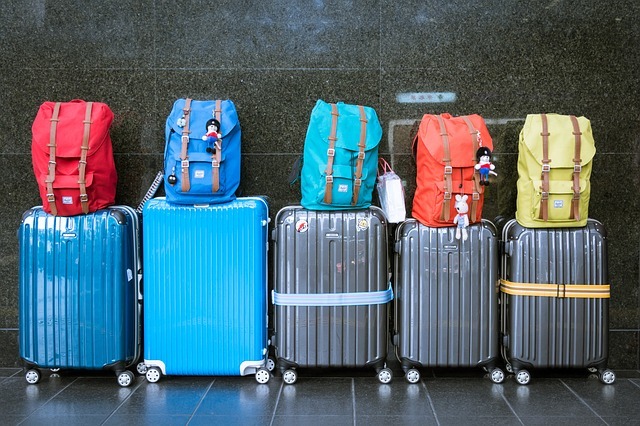
Delayed Luggage
Scenario: The airline hasn't declared your bag "lost" yet but it sure didn't arrive at the luggage carousel when you did.
Recourse: A U.S. D.O.T. advisory states that, "carriers should remain willing to cover all reasonable, actual and verifiable expenses related to baggage loss, damage or delay [emphasis added]" up to the same maximum lost bag compensation limit of $3,500 on domestic flights. For flights operated under the Montreal Convention, the same 1131 SDR (or $1858) compensation for a lost bag also applies to a delayed bag. So if you're attending a meeting and your business clothes are in the delayed bag, then yes you can buy a replacement and be reimbursed. In past years, airlines have offered $25 or $50 to buy a toothbrush and toiletries, but that is no longer acceptable (the U.S. D.O.T. has heavily fined airlines, both domestic and foreign-owned, for thinking otherwise).

You buy the wrong flight
Scenario: You hit the "buy" button on the airline's website and immediately realize you chose the wrong dates or destinations, or buy two seats when you only wanted one.
Recourse: As long as you make the change within 24 hours and the flight leaves at least a week from the time of purchase, you have the right to either cancel your fare or rebook different dates, according to the U.S. D.O.T. This rule applies to all carriers (American may also allow you to put a fare on hold up to 24 hours for free without paying for it).
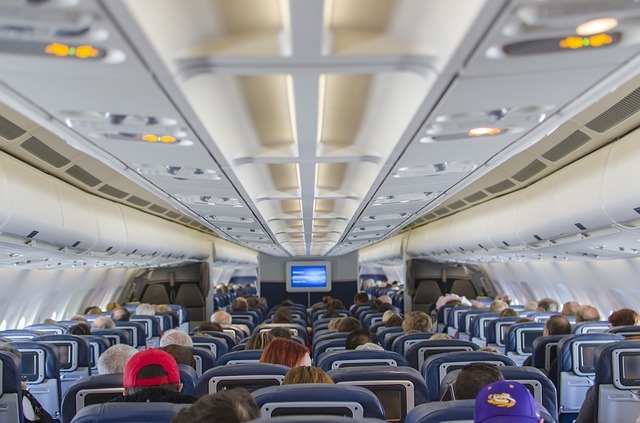
Seat selection
Scenario: Well ahead of the flight, you reserve an aisle seat but on the day of the flight you’re moved to a middle seat.
Recourse: None. Airlines reserve the right to assign you to any seat they choose. They can even put you in an economy class seat if you paid for business class.

Routing changes
Scenario: You buy a $130 round-trip fare from New York to Denver on a nonstop flight. A few weeks before departure, the airline informs you that you’re now flying with a connection and with different departure and arrival times, even though it still flies the route nonstop (but now the nonstop fare is $700).
Recourse: You can insist on a refund of the fare, but you have no contractual or governmental right to be rebooked on the original flight. However, sometimes persistence pays off if you ask the airline to put you back on the nonstop.
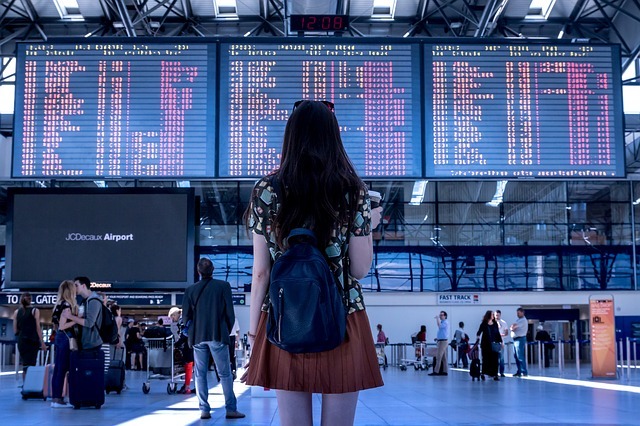
Schedule changes
Scenario: This is different from a flight delay. For example, you booked a flight in June for a trip in December, and in October the airline informs you that your flight will leave at 11 a.m. rather than 6 a.m. but that means you’ll miss an important meeting; or the airline changes its schedule from daily service to five times a week, which means you will be forced to spend an extra night at your destination at your own expense.
Recourse: This is a tough one. Passengers in these situations can apply for a refund and are free to find flights on a different airline, although alternate flights might cost considerably more.
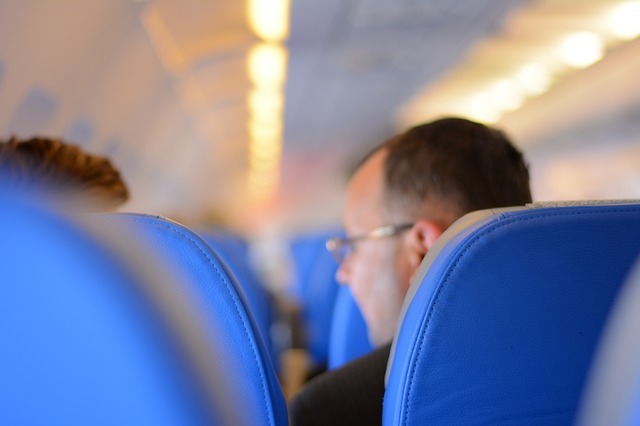
Sharing your seat with a "passenger of size"
Scenario: You're in the dreaded middle seat and a clinically obese passenger sits down next to you, raises the armrest, and spills over into a portion of your seat.
Recourse: While some airlines have language in their contracts stating that they will refuse to transport passengers who cannot fit into a single seat, or require them to buy two seats, these rules are rarely enforced. You can request to be reseated (perhaps in business or first class if there are no seats available in economy class), or to be put on the next flight out, but that's about it. In Canada passengers of size are not required to buy two seats under disability clauses, so you’re out of luck.
